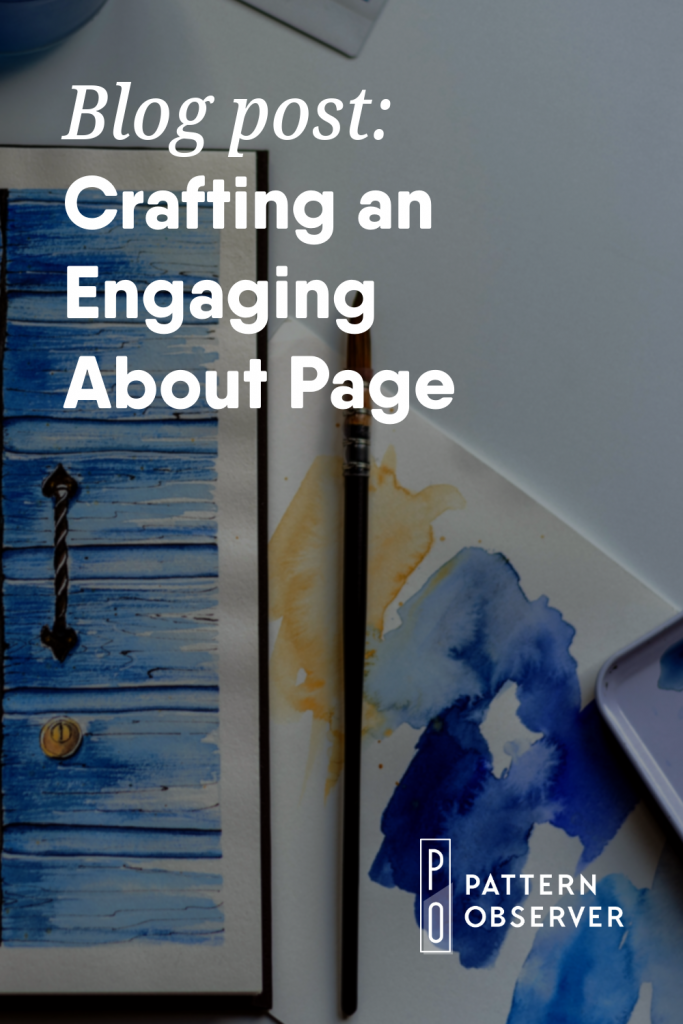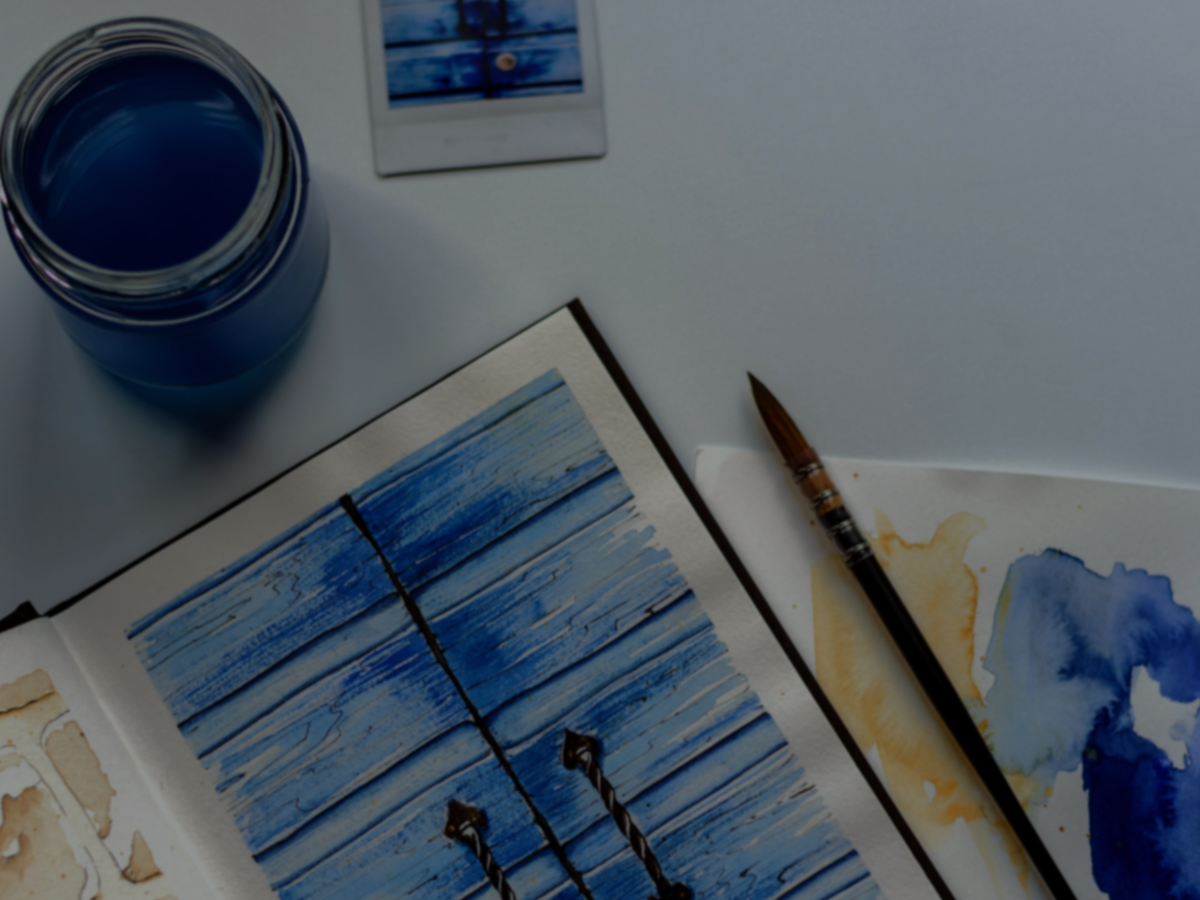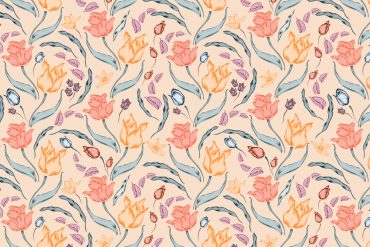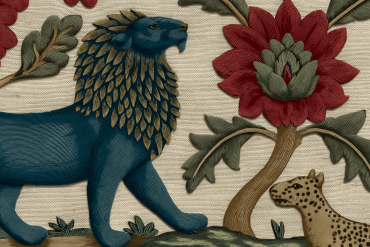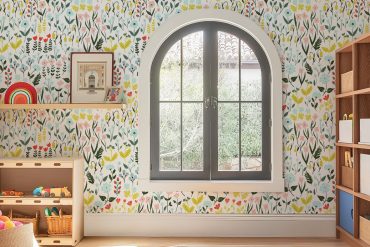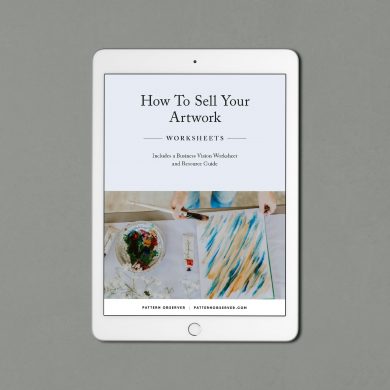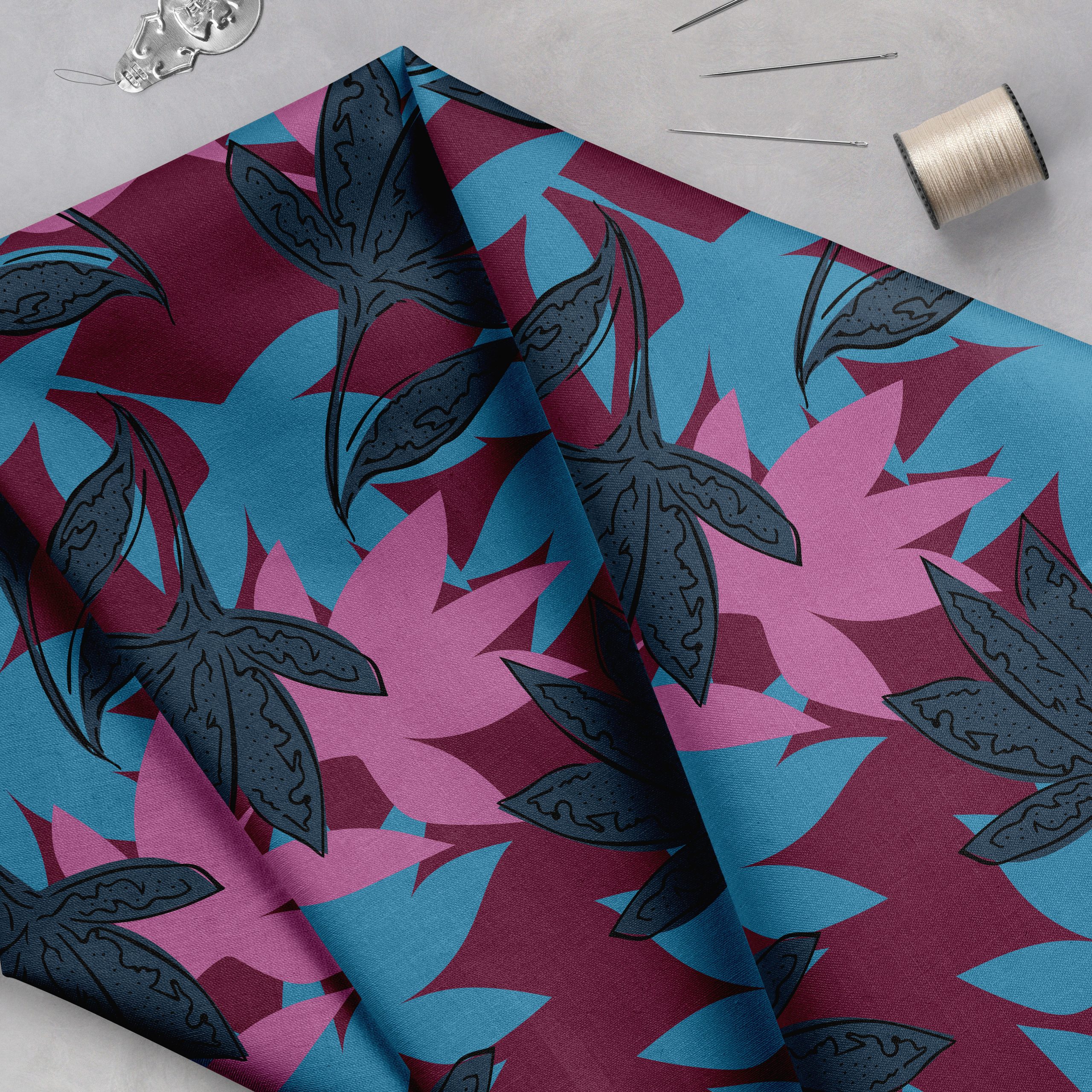An About page is often an afterthought or forgotten. It can become a dusty corner of a website where outdated descriptions gather dust bunnies. When done right, it builds trust, forms genuine connections, and turns curious visitors into loyal clients.
This post walks you through why your About page matters and how to transform it into the beating heart of your brand.
Table of Contents:
Why Your About Page Matters
In today’s digital world, people crave connection. They’re not just buying products. They’re buying into your brand story and company culture.
Over a third of consumers consider “trust” a major factor when choosing a business, as highlighted by marketingcharts.com. Your About page is where you answer critical questions like: Who are you? Why should I trust you? Why should I choose you?
What Makes a Captivating About Page
How do you make an About page sing? Here’s a breakdown of key components to build trust and drive client conversion.
A compelling About page shares your company’s founding story. It includes discussing past obstacles and challenges, and the products and services you currently offer.
It should showcase your company’s mission and give an inside look at your values. Plans for the business’s evolution can also be compelling and help turn curious customers into potential clients.
Here’s a glimpse into making that magic happen.
Telling Your Story: Be Real, Be You
This isn’t a resume; it’s a narrative. What’s the spark that ignited your business? Was it a problem you wanted to fix? Or was it a dream you were chasing?
As Shopify notes , your About page houses your origin story and achievements. Your About Page represents your founding story and achievements. Remember to highlight your team and how each person contributes to the organization.
Showcase Your Expertise
Show, don’t just tell.
Share specifics of your process. Demonstrate your authority. What special ways do you work with clients? How do you meet the target audience’s needs?
Showcase your value propositions, and think about presenting your services, expertise, and products in a way that builds brand trust with customers. Your unique benefits and selling points should shine here.
Be Honest & Build Trust on Your About Page
- According to Demand Gen , B2B buyers (think buyers at major design companies) are drawn to strong storytelling. Show them why they should have confidence in your work and skills.
- Authenticity goes beyond stating what you do. Share why you offer your brand and give honest insights about yourself. Share your brand values with them.
- People buy from people. Feature yourself and your team. Including images increases customer engagement. Put real people on your page to establish connections with visitors. Showing pictures of yourself and the people behind your brand is a nice touch. Simply listing names isn’t enough.
- Share photos. Explain the customer experience you want people to have. Hubspot Blog reports X accounts with profile pictures have 10 times more followers.
- Include customer testimonials for social proof. Give specifics about your impact. Sharing this helps customers connect with others. These case studies demonstrate credibility and showcase the brand’s commitment to its core values and corporate citizenship.
- Use social media as a marketing strategy for connecting and informing potential clients and followers about your mission and positive efforts.
- Show potential clients what your brand stands for beyond the products. Your about page shows who you are.
Your “About Page” Must Address Searcher Intent
Searcher intent is the reason people use Google Search. They’re looking for solutions, resources, or answers. Searcher intent helps you focus.
Are you showcasing authority and building trust through your “About page” information? Highlighting your design process shows potential clients they’re in good hands and builds credibility. This helps show where you add significant value.
Sonia Simone suggests discussing the challenges you solve and how you help and sharing customer issues. A design portfolio isn’t just pretty pictures; it showcases how you transform ideas into market-ready concepts. This demonstrates your marketing strategies and gives the audience’s attention.
Conclusion
Your About page isn’t an afterthought. It’s your chance to shine. Present your best brand voice. By weaving your story authentically, showcasing expertise, and being genuine, you create a foundation for strong relationships. This simple approach builds brand trust. Your personal story humanizes the brand. This makes you stand out as more than a simple company.
Creating an About page with heart isn’t bragging. It’s letting people know the soul of your company. It gives context to your brand voice and story. A beautiful About page wins over the best customers.
Take the Next Step
If you want support building a strong, strategic portfolio that aligns with your About page, join the Textile Design Lab to access our Art of Portfolio Curation course.
This robust, step-by-step program will help you decide what to show, organize your work clearly, make your portfolio easy to navigate, and tell the story of YOUR creative process.
Your portfolio is more than a gallery; it’s a narrative. Let us help you craft one that speaks to your ideal clients and sets you apart in the industry.
